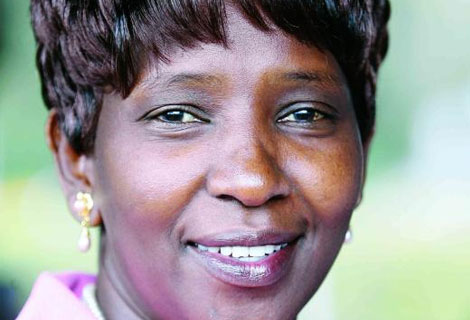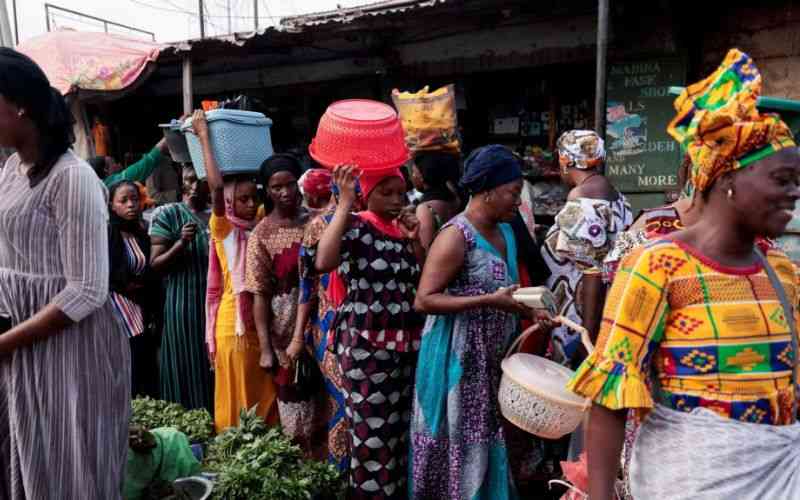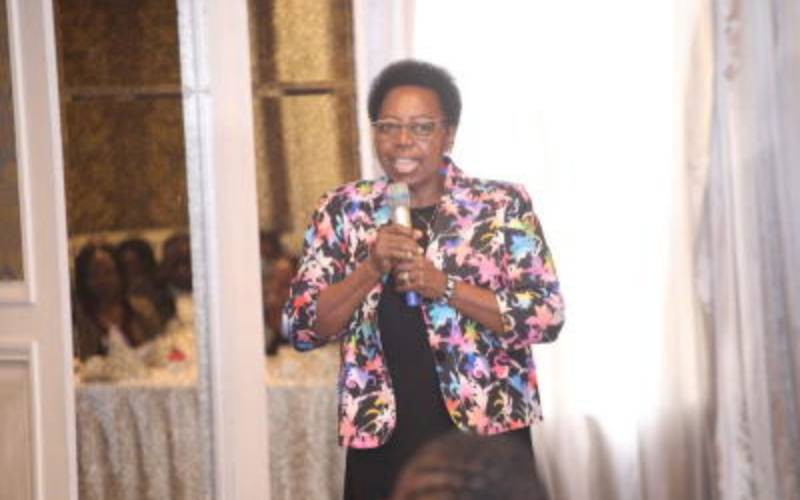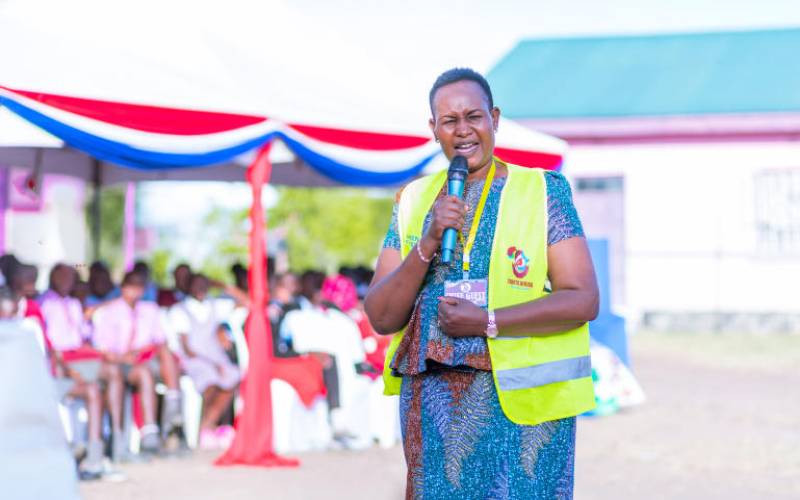 |
|
Anti-Female Genital Mutilation Board chair Linah Jebii Kilimo |
A few years ago, it was marked with pomp and colour. It was a ceremony few could afford to miss.
All relatives would be welcomed to witness as girls aged between 13 and 18 were prepared for the cut. Men and women would drink traditional brew all night as they waited for the wee hours to have the girls cut. Potential suitors could also present themselves and negotiations for marriage would start as the girls were ushered into womanhood.
But that is no more today as the exercise is shrouded with secrecy thanks to harsh laws that criminalise Female Genital Mutilation (FGM).
Women giving birth, The Standard on Saturday learnt also undergo the cut; some even unaware. Despite the harsh laws and anti-FGM campaigns, communities have devised new ways to beat law enforcers.
The law provides for life imprisonment when a girl dies from the procedure. Complications arising from FGM include excessive bleeding, shock and complications at childbirth.
And there appears to be end to the clash between the law and culture. In July, women in Kajiado County took to the streets to defend the retrogressive practice.
The more than 500 women matched for 15km from Enkorika to Sajilioni singing pro-FGM songs, saying girls circumcision is their culture and they are not ready to abandon it.
Last week, hundreds of Samburu elders resolved to continue with the practice, dismissing the law as anti-culture.
The Anti-Female Genital Mutilation Board chair Lina Jebii Kilimo is worried that even married women have also been forced to undergo the cut by their husbands and mothers-in-law. “Such women are often bashed and categorised as children by their husbands and mothers in law thereby forcing them to be cut,” she said.
“It is very worrying that parents are ignorant of the law. We are working on advocacy which is picking up well. We have visited several parts of the country especially Coast and Rift Valley educating people on the effects of FGM.”
Seven married women who had undergone FGM last year were arrested in Bugar area in Elgeyo Marakwet County.
Locals have also taken advantage of the current spate of insecurity to have their girls undergo the illegal cut.
Last week, about 35 girls from Marakwet East Sub County were circumcised in neighbouring East Baringo where the exercise is still rampant. One of the girls was later admitted to Mogil Hospital due to excessive bleeding.
FGM sympathisers have taken advantage of insecurity in the neighbouring Baringo East since law enforcers have been deployed to Kapedo and neighbouring areas.
Marakwet East Deputy County Commissioner Hussein Hussein said he was aware of the incident. “It is rather unfortunate but we are zeroing on the culprits.They took advantage of the current security situation in the area but we have identified the parents, the girls and the initiator we will have all of them arrested soon.”
Stay informed. Subscribe to our newsletter
The Standard on Saturday also established that some parents claim their children are ill and to ensure they stay indoors and heal.
Girls are even reported to have visited their relatives in urban centres while they are actually nursing wounds inside their mothers’ kitchens.
Elgeyo Marakwet County Women MP Susan Chebet says the initiators trick parents and girls to earn quick money.
The MP who spearheads an alternative right of passage dubbed in Kalenjin ‘Tumdo ne neel’ (new right of passage) calls for more advocacy and government involvement in arresting those involved in FGM.
The United Nation’s Children’s Fund (UNICEF) puts the number of women who have been cut to be more than 125 million across 29 countries in Africa and the Middle East where FGM.
 The Standard Group Plc is a
multi-media organization with investments in media platforms spanning newspaper
print operations, television, radio broadcasting, digital and online services. The
Standard Group is recognized as a leading multi-media house in Kenya with a key
influence in matters of national and international interest.
The Standard Group Plc is a
multi-media organization with investments in media platforms spanning newspaper
print operations, television, radio broadcasting, digital and online services. The
Standard Group is recognized as a leading multi-media house in Kenya with a key
influence in matters of national and international interest.
 The Standard Group Plc is a
multi-media organization with investments in media platforms spanning newspaper
print operations, television, radio broadcasting, digital and online services. The
Standard Group is recognized as a leading multi-media house in Kenya with a key
influence in matters of national and international interest.
The Standard Group Plc is a
multi-media organization with investments in media platforms spanning newspaper
print operations, television, radio broadcasting, digital and online services. The
Standard Group is recognized as a leading multi-media house in Kenya with a key
influence in matters of national and international interest.










